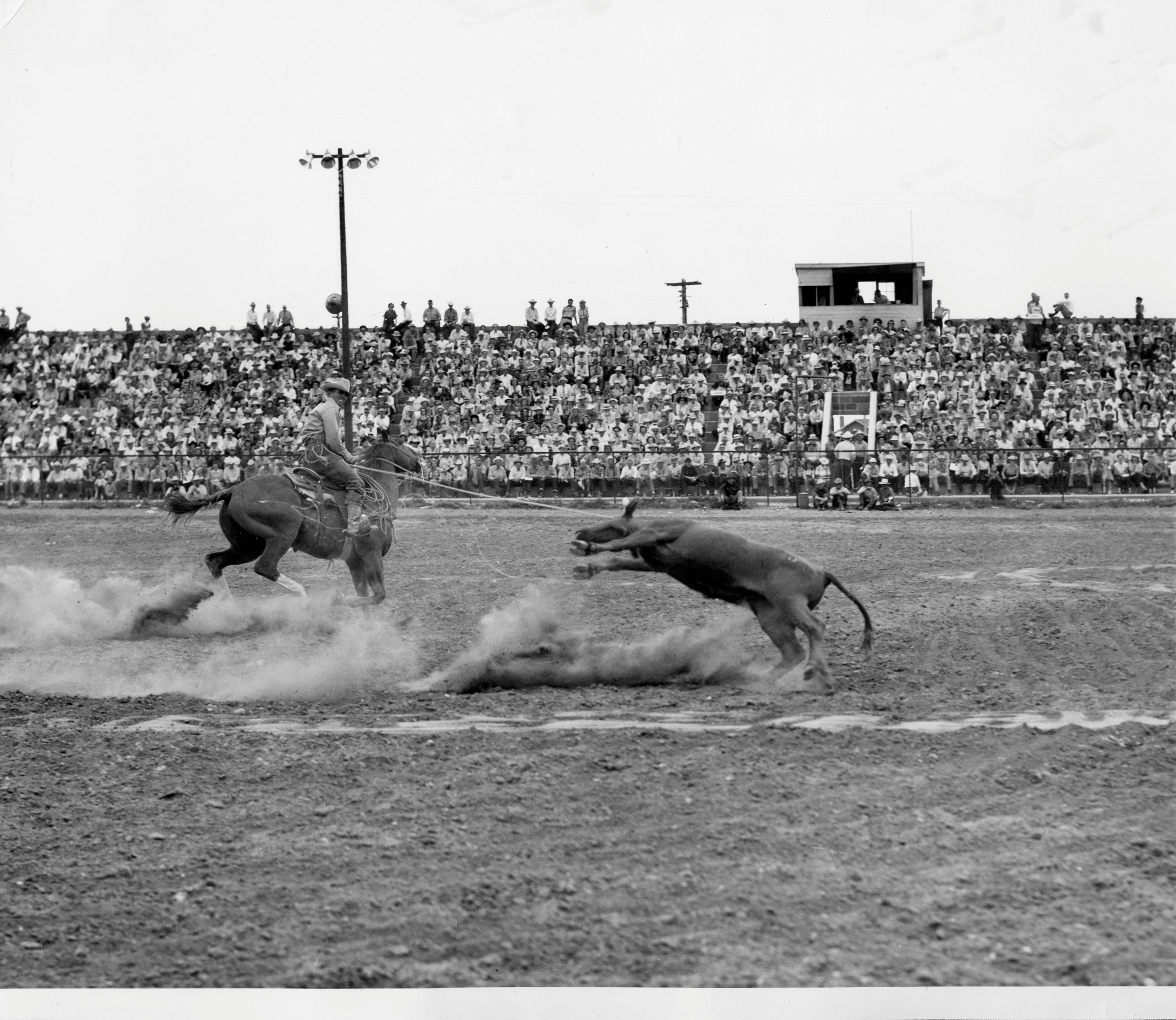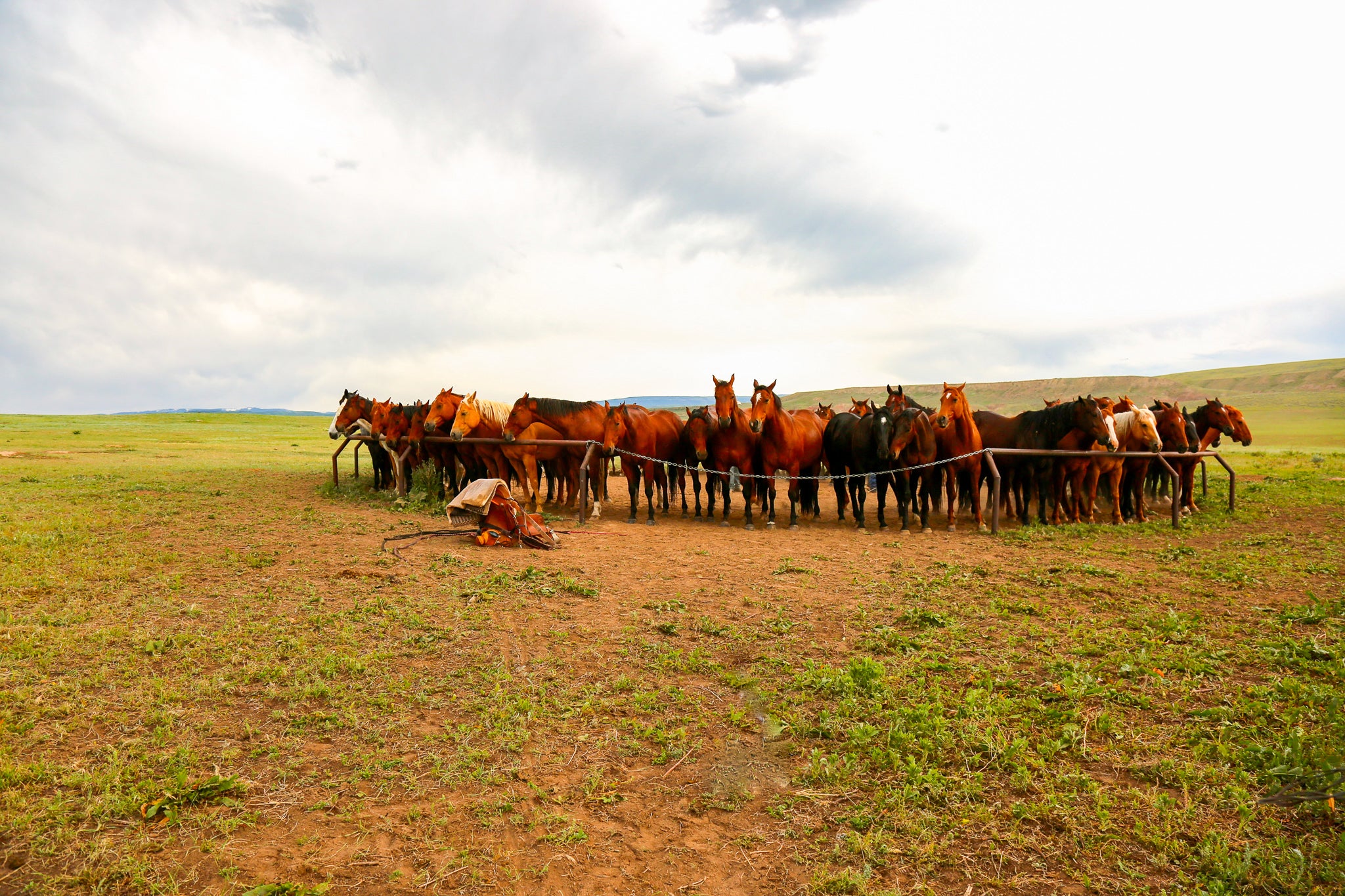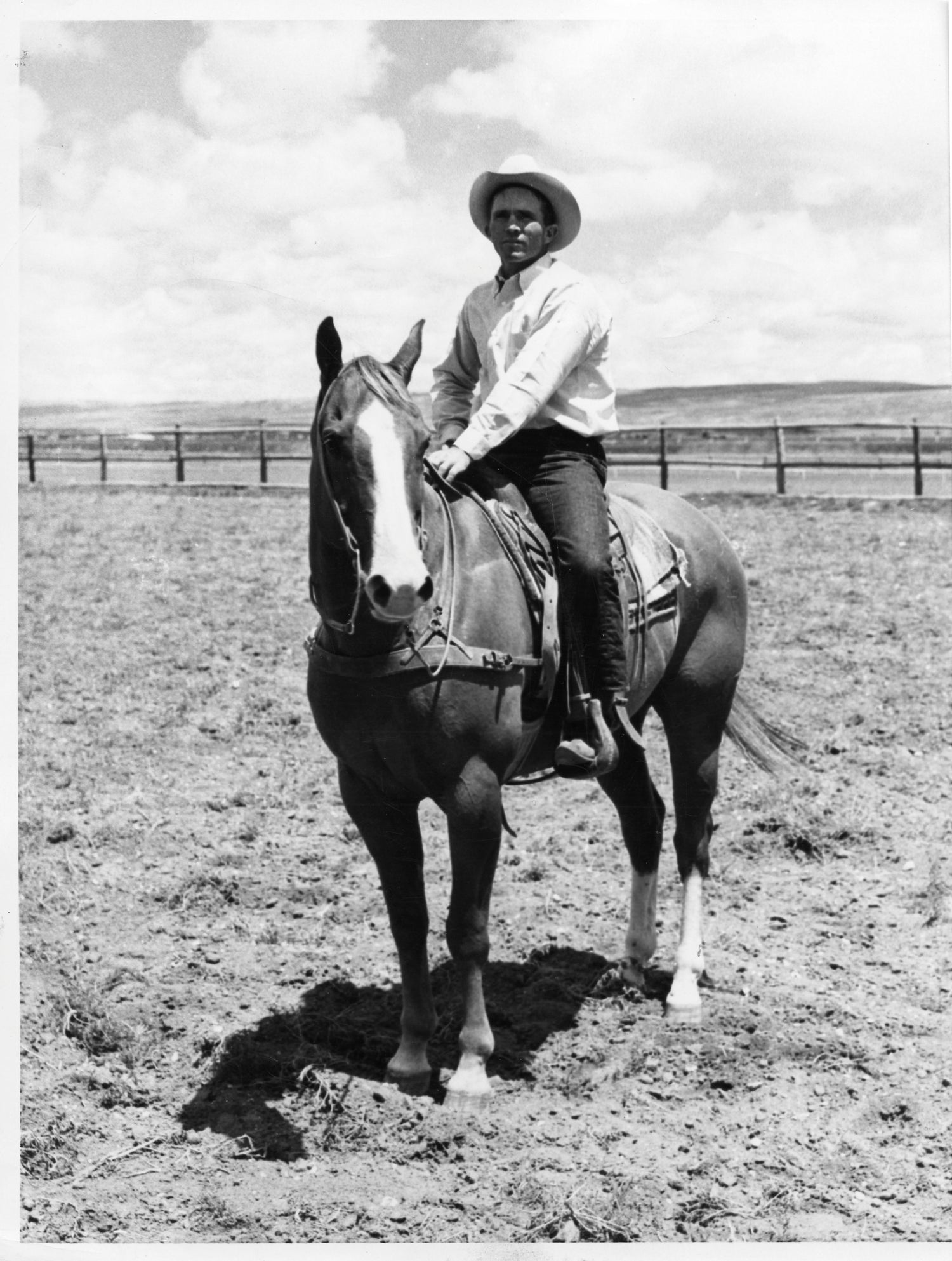
In 1948, one of the fiercest droughts on record had Texas in its grip. Reservoirs and pastureland alike were going dry.
For Texas cattlemen, choices were grim: stay and try to tough it out or sell and move to town. John R. Scott Jr. chose a third, and seemingly crazy, option. 23-years old, native Texan, cowboy, horseman and WWII veteran of the Pacific theatre, John loaded 800 head of his family’s cattle and twenty-five head of good saddles horses onto railroad cars bound for Montana. Going with him on this adventure was his 18-year-old wife, June, also a native Texan and proud to claim it. The last one on the train, John’s outer calm, perhaps something honed during his service in the Pacific or during the childhood he experienced during the Great Depression, didn’t betray his inner nerves.
The north-country had already caught John’s attention; his rodeo career had taken him to Cheyenne Frontier Days earlier that year, where someone had told him if he thought the tall grass and rangy mountains of Wyoming were good-looking, he ought to just keep going and get a look at Montana. This offhand comment was all John needed when the time came to decide where to transplant the family business located in Mertzon, Texas. John recalled calling his father from a crackly payphone located at the Battle of Little Bighorn Battlefield on the Crow Indian Reservation in Montana, literally begging him to agree to the venture and to help finance the purchase of some Montana ranchland. What John lacked in charm (a significant deficit) he more than made up for in perseverance, and he was able to convince his father, two brothers and their families to join him on this adventure.
Four days after loading on the train, the Scott family, their cattle, and horses reached their destination in the remote town of Terry, Montana. The family unloaded their cattle and trailed them 30 miles to a ranch on the Powder River near Miles City. The north would not take long to test their mettle: Texas continued to shrivel and burn, but Montana endured one of the bitterest winters in memory. The Texas cattle were poorly-suited to the storms and brutal temperatures. Many bleak months would pass before any calves were born and survived. June recalled going to collect eggs from the henhouse and seeing the birds literally frozen in place on their roosts.
" The north would not take long to test their mettle"
-
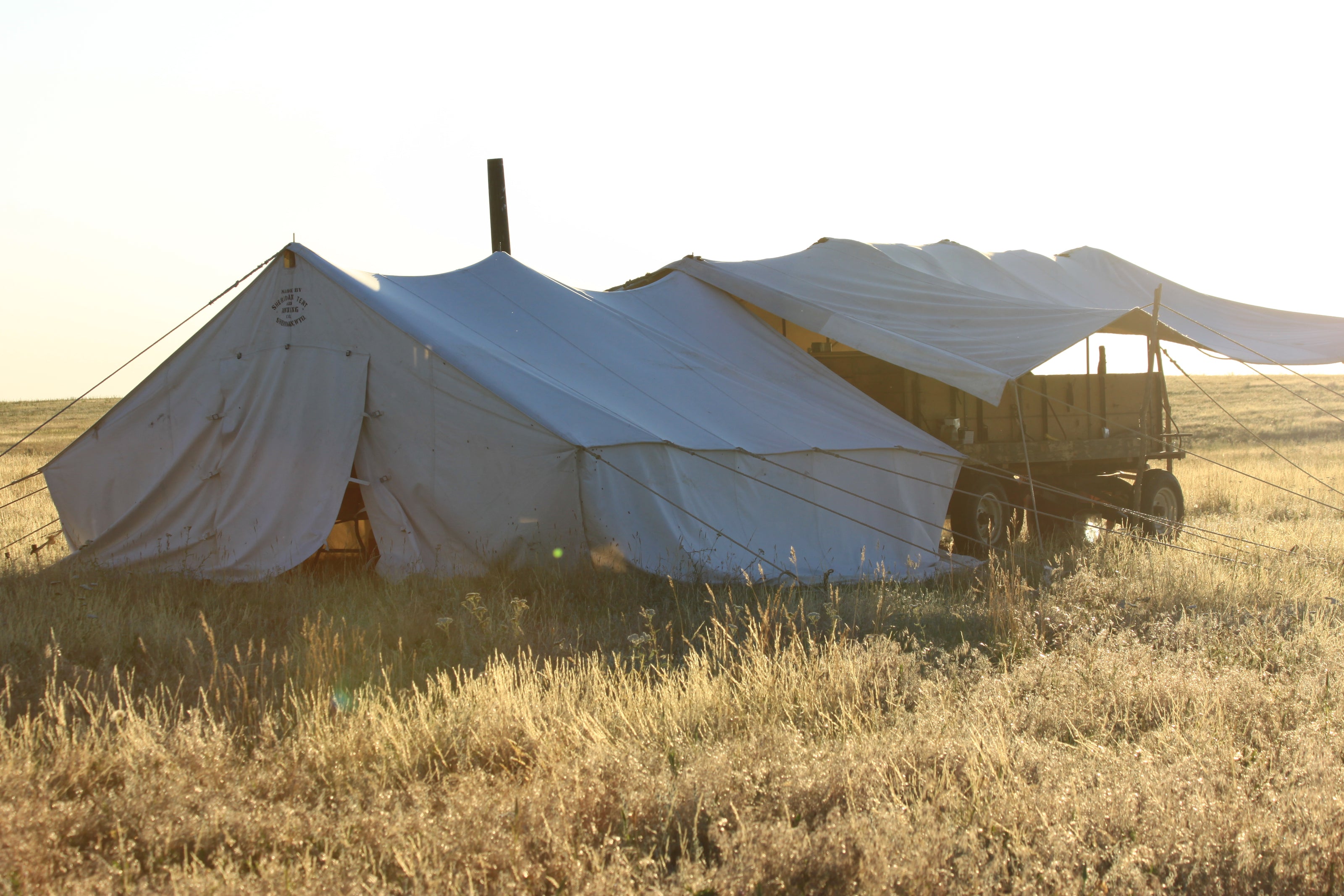
It was in the midst of this that June gave birth to the first of she and John’s four children, John, III. June would laugh retelling her young mother days. “I read in a baby book that it was important for infants to get fresh air, but it was -30° outside for months. So once a day I’d open a window and hold little John outside for about five seconds and then bring him back in.” The conditions were dire enough to make John, a resolute man who rarely second-guessed himself, doubt if he had made the right decision. John would later tell about how naïve he was when he first arrived in Montana. He said, “I learned that the only thing ‘new’ in new country is you.”
-
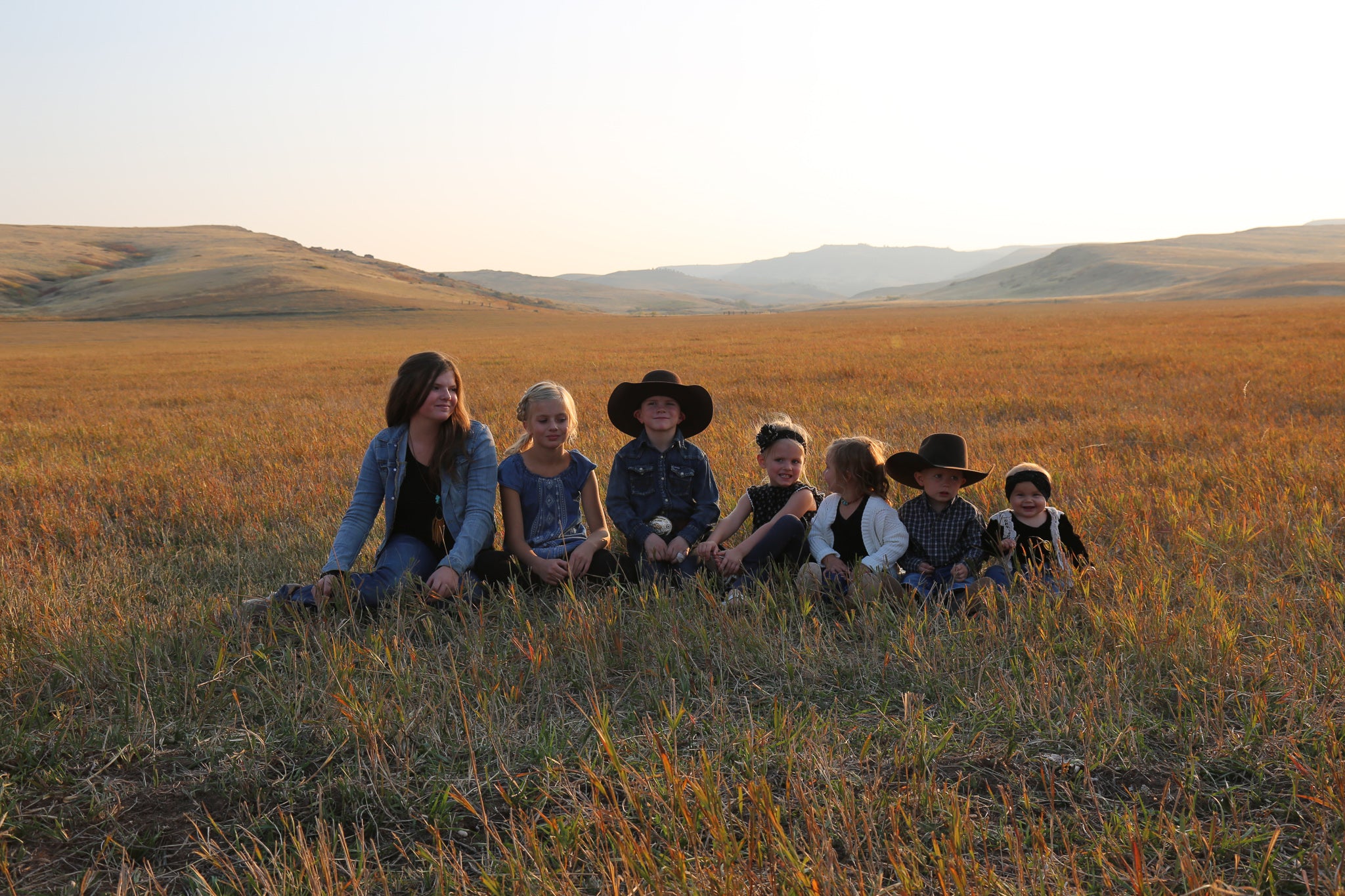
But the Scott family persevered, and they learned. And time vindicated John’s choice—West Texas would wait another eight years for rain, a catastrophic blow to the state’s ranching infrastructure it hasn’t fully recovered from over seventy years later. The Scotts have been in Montana ever since and wouldn’t call any other place home. Their goal is the same as that of their founders: raising good horses and good beef. John’s great-grandchildren are now growing up on the family’s ranch south of Billings, and the family wouldn’t have it any other way.
-
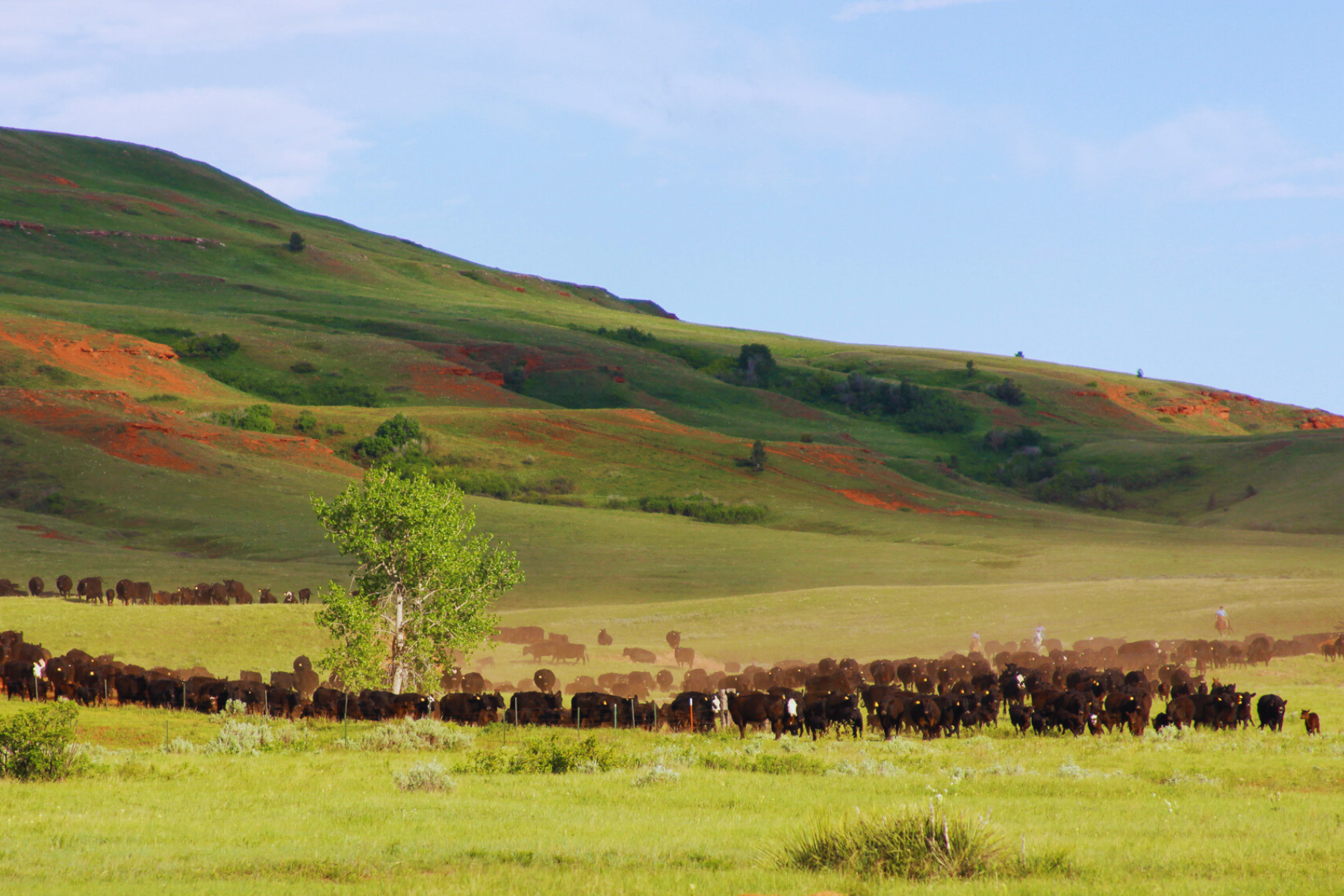
Today, the Scott family ranches on the red hills and good grass country of the Crow Indian Reservation. The ranch is owned and managed by John Jr.’s youngest son, Jim, and his family. Jim and his wife, Marcie, have poured their lives into making the ranch a successful business along with their three children, who are all now bringing up their own kids in the family business. What started out as 800 head of pasture cattle has burgeoned into thousands of mama cows run on the ranch’s pastureland, a feedlot in Custer, Montana, located at the confluence of the Yellowstone and Big Horn Rivers, and a USDA-certified meat processing plant in Hardin.
“It’s steady riding on this place,” Jim says. “If someone is looking for a riding job, we ride.”
For all the expansion and adapting, the S Ranch still operates in cowboy tradition. They gather, move, handle, brand, and process their cattle on horseback. All horses used on the ranch are home-raised in the family’s nationally-recognized breeding program, which has produced many earners in the performance arena, and many more rock-solid ranch horses, ideally suited for tough days and cow work. The Scott family’s love for horses goes back generations. The family still has a handful of letters from John, Jr., written from his military base in the Pacific in WWII, asking his father about how his colts were doing and if he would “Please look into the new organization registering quarter horses.” Riding and raising good horses is part of what the Scott family loves most about the ranch. “It’s steady riding on this place,” Jim says. “If someone is looking for a riding job, we ride.”
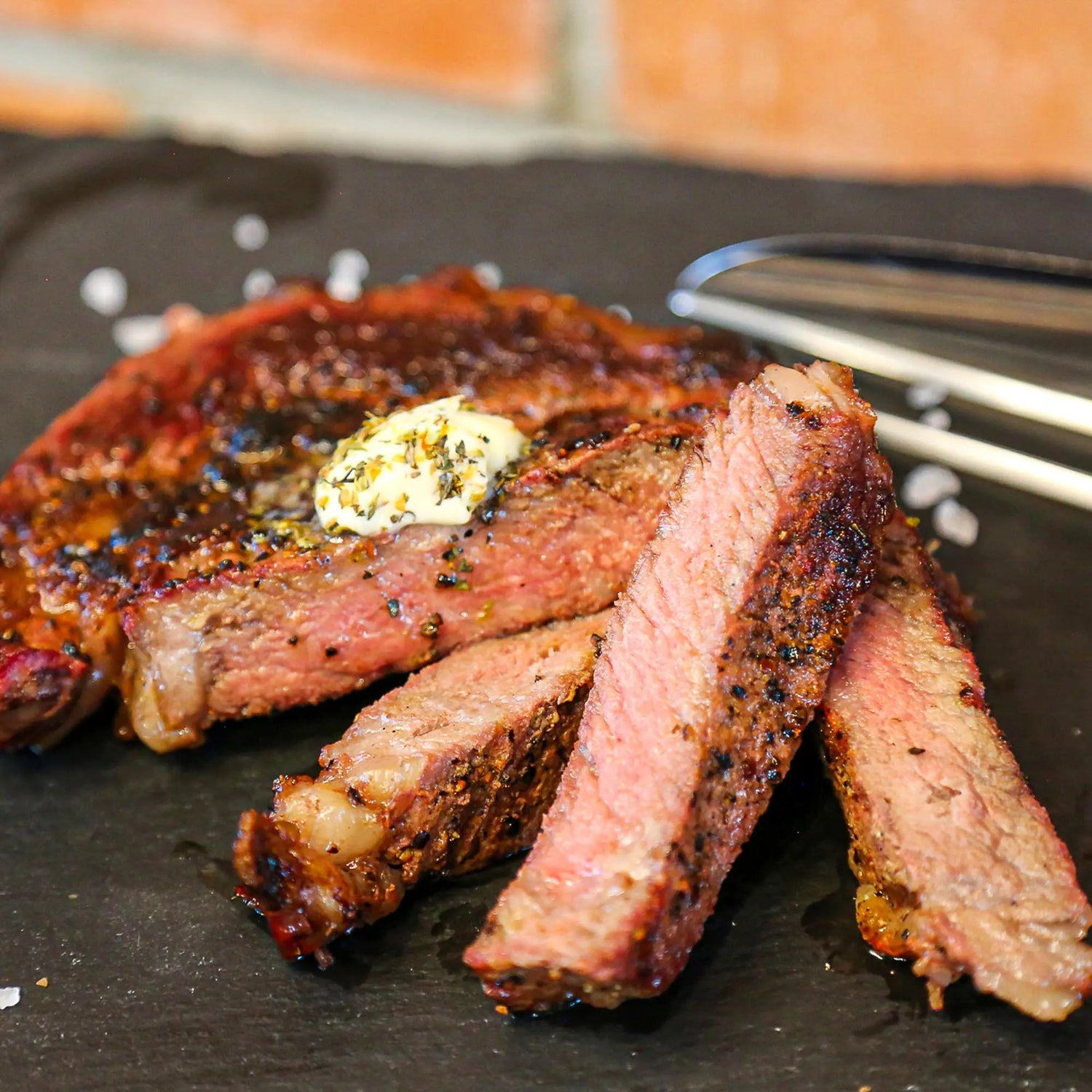
From calf-on-the-ground to ribeye-on-the-table!
Each fall, the calves are weaned and shipped to the feedlot, and a portion are fattened and harvested for beef. From calf-on-the-ground to ribeye-on-the-table, the S Ranch stewards, yields, and presents a high-quality, traceable, and sustainable beef product.
“You know, my father’s father was a rancher,” Jim says. “My father was a rancher, I am a rancher, and all my kids are ranchers. You can’t ask for more than that.”
